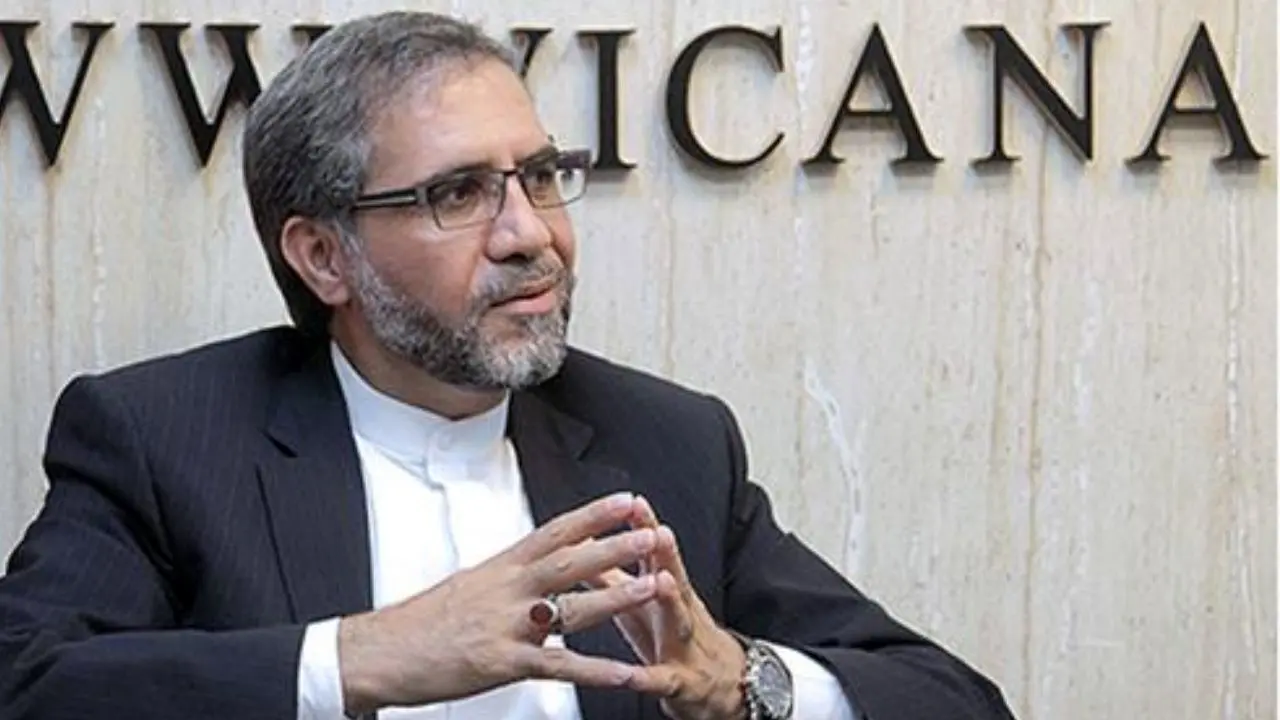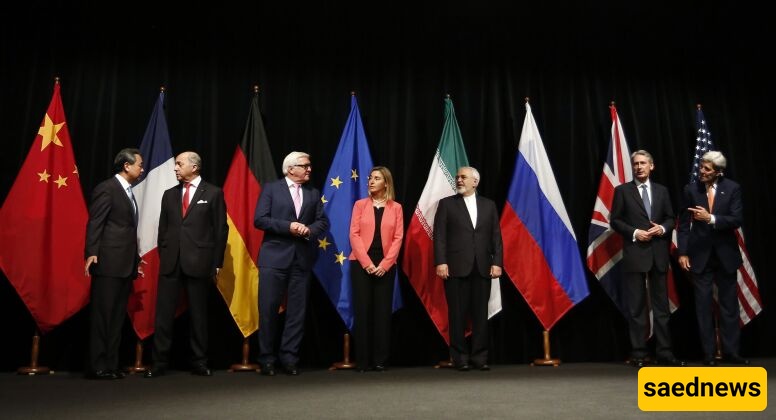SAEDNEWS: Iran warns that if the “snapback” mechanism is triggered, UN sanctions could return, affecting oil, banking, and arms sales, and one possible response under consideration is exiting the NPT.

According to Saed News quoting Mehr, the head of the Parliament’s Foreign Relations Committee stated that if the “snapback” mechanism is activated, Iran has multiple tools and options for response, including potentially exiting the NPT.
Abbas Golroo, a member of the National Security Commission, in an interview about threats by some European countries to activate the snapback mechanism and reinstate UN Security Council resolutions, emphasized that the JCPOA negotiations and the annexed UN Resolution 2231 nullified six Chapter VII Security Council sanctions against Iran.

He explained that when UN resolutions are issued, countries are obligated to comply, even if Iran considers them unfair or illegitimate. Nonetheless, their adoption in the UN is binding.
The Parliament Foreign Relations Committee head added that if the snapback mechanism is triggered, the six UN sanctions against Iran would return, reopening the issue before the Security Council, which could review it monthly or at other intervals—a political challenge for Iran.
Golroo also highlighted the economic and strategic impact of reinstated sanctions, which would broadly affect oil exports, banking, and arms trade. For instance, Iran currently can sell weapons to certain countries, generating income, but sanctions could block arms trade and limit international cooperation.
While Iran has managed to overcome many sanctions, he stressed that it is not in the country’s interest to welcome the return of sanctions and that negotiations should continue to protect national dignity and rights.
He concluded that if the snapback mechanism is activated, Iran has multiple response options, including possibly exiting the NPT, which is currently under consideration by the National Security and Foreign Policy Commission.

